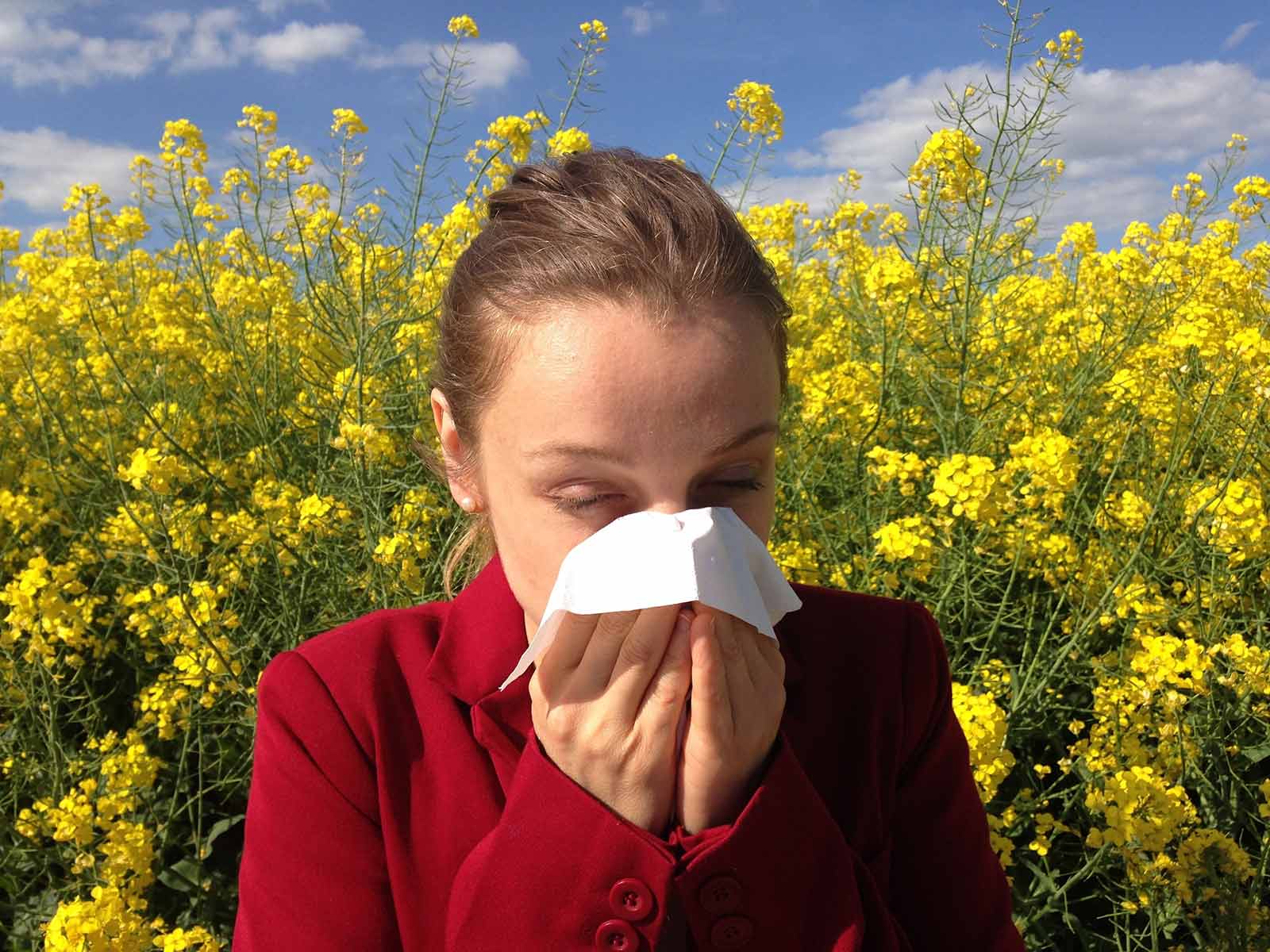Posted by: Atlantic Eye Institute in Education

We understand that eye allergies can sometimes be unavoidable. Here are 11 tips for eye allergies that may help you to avoid the symptoms of eye allergies without having to make difficult changes in your lifestyle.
What Causes Eye Allergies?
Normally harmless substances that cause problems for individuals who are susceptible to allergic reactions are called allergens. The most common airborne allergens that cause eye allergies are pollen, mold, dust and pet dander.
Eye allergies are also known as “allergic conjunctivitis.” Just like any other allergic reaction, they are caused by a misfiring of the immune system, the body’s natural defense mechanism.
It releases histamine, a chemical that causes swelling and inflammation. The blood vessels in your eyes swell and your eyes get red, teary, and itchy.
Eye allergies also can be caused by reactions to certain cosmetics or eye drops, including artificial tears used for treating dry eyes that contain preservatives.
Food allergies and allergic reactions to bee stings or other insect bites typically do not affect the eyes as severely as airborne allergens do.
- Symptoms of eye allergies:
- Red, irritated eyes
- Itchiness
- Tearing or runny eyes
- Swollen eyelids
- Soreness, burning, or pain
- Sensitivity to light
11 Tips for Eye Allergy Sufferers:
- See your eye doctor before allergy season begins to learn how to reduce your sensitivity to allergens.
- Try to avoid or limit your exposure to the primary causes of your eye allergies.
- When driving keep the windows closed and run the air conditioner.
- If mold is an allergy trigger for you, clean high-humidity areas like bathrooms and kitchens often.
- If you have a pet, consider replacing rugs and carpets, which trap and hold allergens, with hardwood, tile, or other flooring materials that are easier to clean.
- Protect your eyes from airborne allergens outdoors by wearing wraparound-style sunglasses.
- Do not rub itchy eyes. Eye rubbing can release more histamine and can make your allergy symptoms worse.
- Consider switching to daily disposable lenses to reduce the build-up of allergens on your lenses.
- Use plenty of artificial tears; they can soothe irritated eyes and help flush out allergens.
- Wash bedding frequently. As well as, using allergen-reducing covers for your bedding.
- Shower before going to sleep and gently clean your eyelids to remove any allergens that could irritate while you sleep
If your allergy symptoms are relatively severe or over-the-counter eye drops are ineffective at providing relief, you may need your eye doctor to prescribe a stronger medication.



